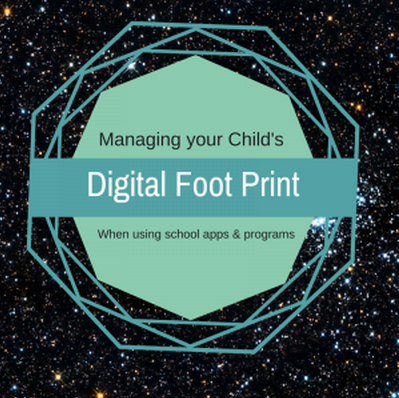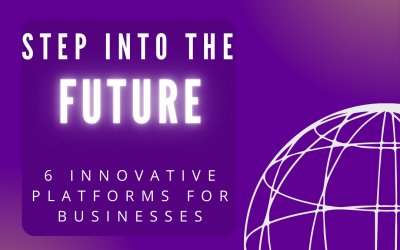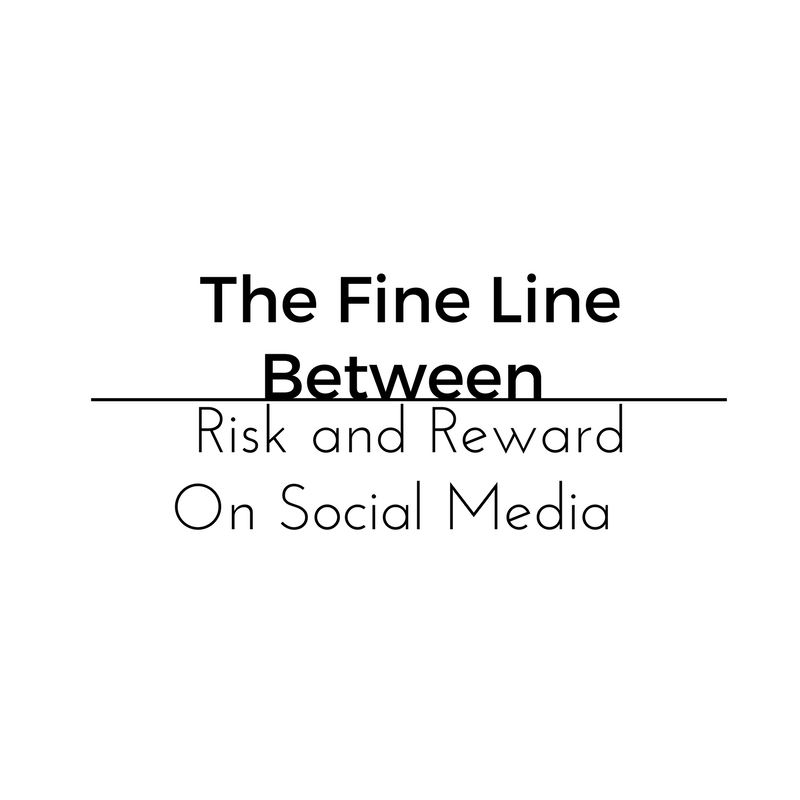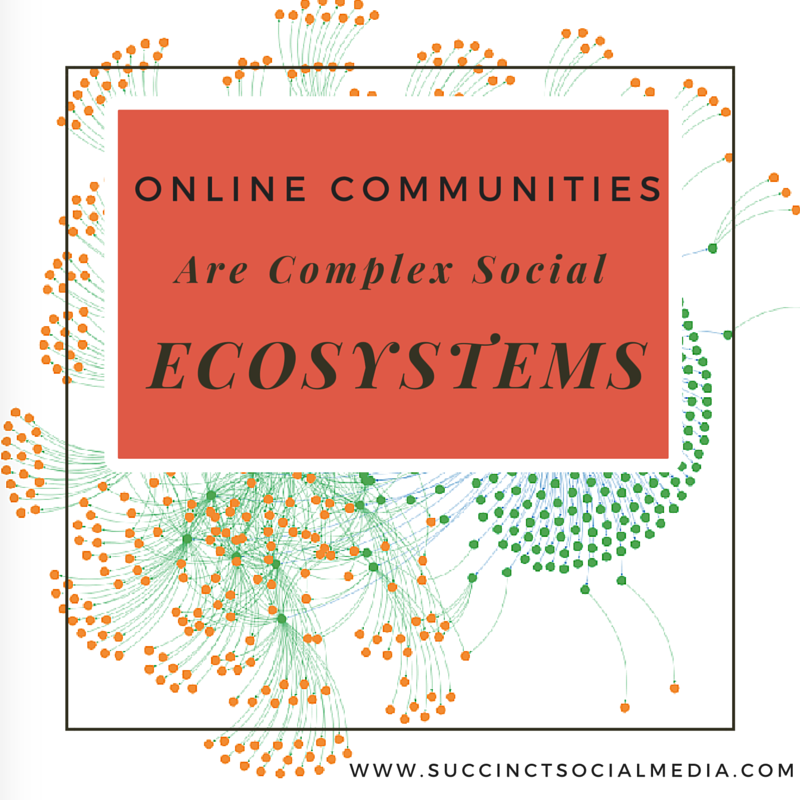I have three children that are online at school. One has a class Facebook page (that is private), and the other two submit homework to a closed network. It is organized by their name, age, address, and picture. They were, of course, asked if they wanted to participate and use the platforms to submit work and see work in progress. I agreed, and they enjoy the freedom it brings as well as I can see what is happening in my Grade One’s classroom on a regular basis.
The one thing that I did not give any consideration to was – who was responsible for the security of their personal information – Is it the teacher who set the platform up, or is it the school system who oversees the entire education system?
And – what does a security breach or hack mean to my children who do not have much of a digital footprint? Well, first of all, their personal information could be stolen and used for any purpose. Children do not have the scores and legions of information on the internet about them. Their names and personal information are essentially a turnkey opportunity for identity theft and fraud. Or – on the other hand, their information is incredibly valuable as a new mark for sales and marketing data gathering because everyone wants access to the online activities and choices of the new younger generation.
Either way, their information is a commodity for others
Where does this leave us? It seems that the responsibility is left up to parents to deal with their schools directly and to ask that there be policies set in place to take the burden off the teachers. Teachers it seems are the ones who are often left to make the decisions on their own over students privacy. Which usually ends up in no consideration being taken.
“Teachers, are typically not equipped to vet the data-handling practices of free educational apps that may collect details as diverse as students’ names, birth dates, profile photos, voice recordings, homework assignments, quiz scores or grades”
In these early days of apps, social platforms and online scholastic activity in elementary and junior schools, I think there is going to be a growing need for parents to play an active role in helping schools shape new privacy policies. Not by taking away the ability for teachers and students to participate in new educational apps and programs, but by taking an active role in how the collected data will be stored and used, and where it will be stored. Maybe Free Apps – won’t be allowed in the classroom until they are sure the students information will not be collected and sold.
What is the future of data security and safety in schools as technology continues to become more and more a part of the education system? Schools will most likely have to invest in closed system servers similar to those at banks or highly regulated industries, where information is an asset. And and IT department will manage the systems.
This may be idealistic, but I feel that our children’s online identity and footprint is our responsibility as parents to manage and protect in this very busy online world. Just as we go to great lengths to protect their offline activities, we not need to be focused on what is happening online. The role of today’s parent has a foot in both worlds, online and offline.




